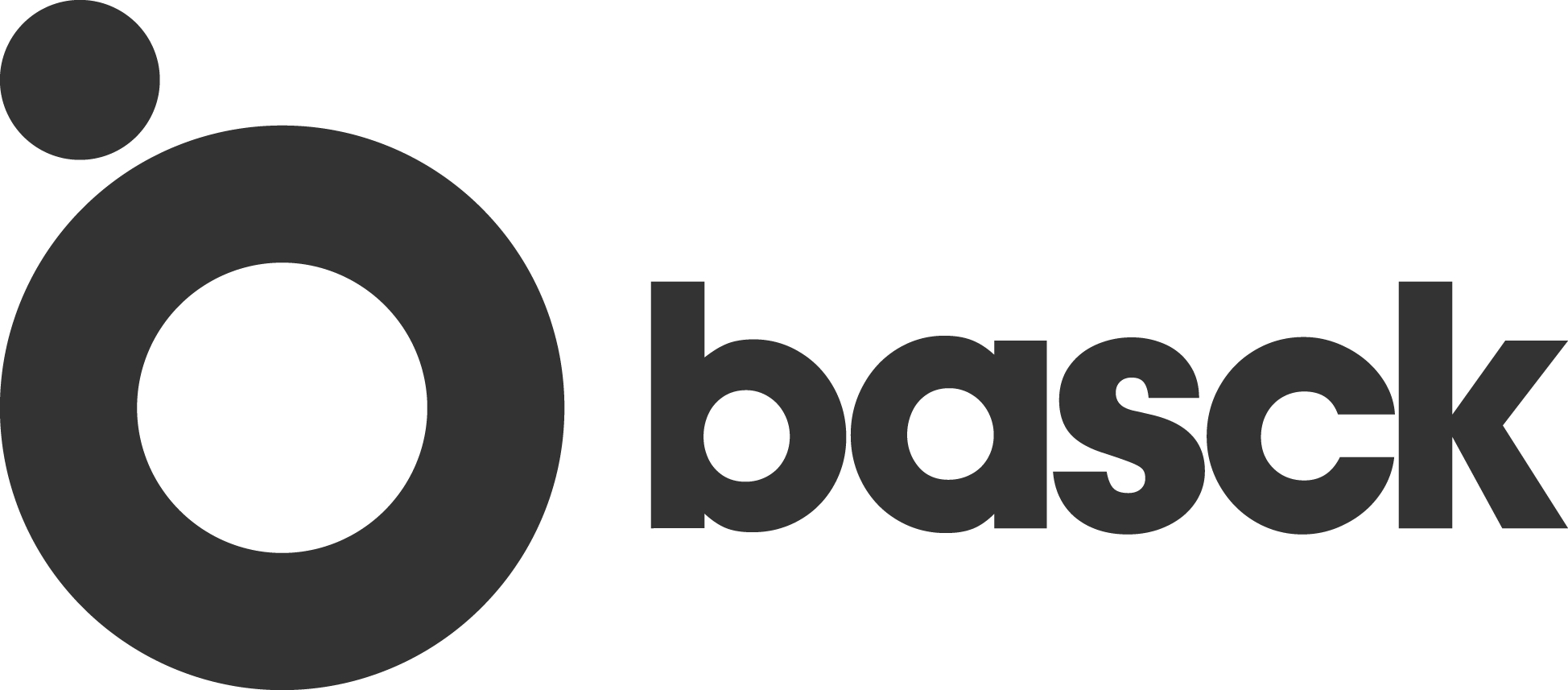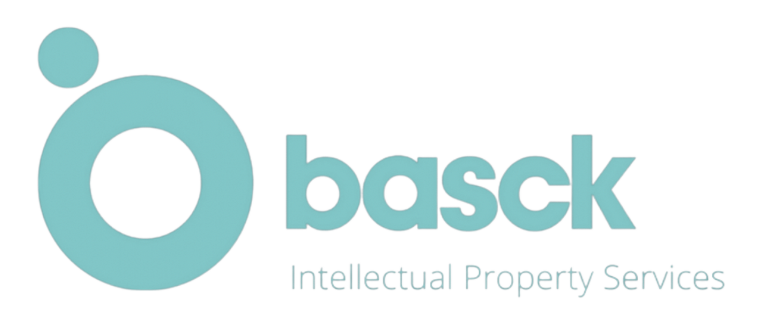In every entrepreneur’s life, there is a time when the prospect of getting IP protection is more distant than the actual need to protect intangible assets from early on. Unless you are developing your product without any contractors being involved or you are able to self-fund the business, you might struggle to get far without disclosing valuable and possibly protectable information to others.
Whether it is ideas bouncing around in your head, technical details or concepts that have not yet crystallised into a registrable IP (be it patent, design, trade mark or copyright), it might be the safest for your business to keep them confidential.
How to achieve that when disclosing that same information to third parties may be crucial for exploring business opportunities? This is where the importance of non-disclosure agreements (NDAs) comes into play.
NDA explained
As much as you may trust that a business conversation will remain confidential, it is better to prevent the risk than to be left with no legal recourse when things get ugly and someone exploits your idea to their own benefit. The best way to protect valuable business information or trade secrets is to sign an NDA before any disclosure is made.
The name is quite self-explanatory – an NDA is a legal contract between two or more parties which essentially says: I will share my secret with you – as long as you agree not to disclose it to anyone else. The parties to a non-disclosure agreement generally undertake to keep the information confidential, and not to use or exploit it in any other way than to fulfil a mutually agreed (and well defined!) purpose of sharing the information.
An NDA outlines confidential material, knowledge or information that the parties want to share between each other only. Depending on the context, it may cover information about a product, its design, strategy, processes, marketing ideas or even financial information. With an NDA in place, you will have a legal backup when sharing details of your invention with a manufacturer, pitching your product to potential clients or discussing your ideas with future investors.
If you have a patentable invention, keeping certain information confidential is particularly important from the patent prosecution point of view – novelty is the key to filing a valid patent application. If your invention has been publicly disclosed (in the worst case scenario, e.g. by a potential business partner that you never ended up collaborating with), such a disclosure might be considered “prior art” and become a huge obstacle to getting your invention protected.
Does an NDA really protect me?
Of course, it may be impossible to “get the confidentiality back” once the information has been released (and in these digital days news travels faster than ever). However, if an NDA is breached, you would be able to seek damages for the breach of contract.
Facebook learnt it the hard way (or one could argue barely hard, relative to their revenues) when it was ordered by a US court to pay $500 million in damages to ZeniMax Media. It was held that ZeniMax’s ex-employee and a CTO of a virtual reality company Oculus, later acquired by Facebook, violated his NDA when he left ZeniMax and took his virtual reality software to Oculus. This case highlights the power of a properly drafted NDA which may turn out to be fundamental to any future IP litigation.
In addition to damages, depending on the circumstances, the court may also grant an injunction to prevent further disclosure or even use of the confidential information.
Finally, apart from serving as an enforceable commercial contract which keeps your information secret, an NDA works as a deterrent to potential disclosers. By getting someone to sign a confidentiality agreement with you, you flag that the information you are disclosing is confidential and they should use it carefully. It also reflects that you are serious about this information being kept confidential and you are ready to seek remedies if the agreement was to be breached.
A balancing act – when to give less
Although an NDA can be a powerful tool in protecting your business, you might not want to overdo it and ask every potential investor or business partner you meet to sign it, especially when it is a very early conversation. Investors speaking with hundreds of startups might be understandably hesitant to sign numerous NDAs, as that could limit them in further conversations or investment decisions. To avoid pushing a good business opportunity away too soon, it is important to assess whether or not you truly need an NDA in a given situation.
When discussing ideas and concepts, be it on a networking event or in a formal business meeting, it may be best to outline the commercial benefits of a product without revealing the technical features or functions in detail. By holding back valuable information in the initial conversations, your interlocutors still might gain interest in your ideas and a disclosure of confidential information might come into play later on. A good rule of thumb to keep in mind in such early conversations is: Don’t share what you would not tell your competitor.
Read it (and understand it!)
As obvious as it (hopefully) sounds, you should always read and understand what you are signing – the same rule applies to NDAs as much as to any other contract.
If you are the party requested to sign an NDA, you might sometimes find yourself in a position where it looks like a “take it or leave it” situation, especially when a bigger player is on the other side. Even if there is no room for negotiation, always make sure you know what you are signing up for. One key tip from us – check that you are not giving away your IP rights by signing the NDA. We have seen it first-hand – the consequences might be quite disastrous if you do not pick up on that. Also, check the rules on how the information should be marked to be subject to the NDA and if information shared verbally needs to be confirmed in writing as confidential, following the meeting.
If you are new to the NDA game and want a potential partner to sign it before sharing more details, you may be tempted to use templates found online. However, we would recommend that you seek legal advice and make sure that the NDA is tailored to your needs. Once you have a reviewed, strong template in place, it might serve you well for a while. In any event, having a professional talk you through the contract and explain what you are about to sign is always money well spent and will save you the trouble later on.
All in all, while you are hopefully convinced that an NDA is a good first step in protecting your ideas, a lot of care needs to be taken when disclosing confidential information to third parties and best to do so only when really necessary (even if you feel you have a properly worded NDA in place).
Get in touch with us if you need your NDA reviewed or drafted. We can also help you assess your trade secret strategy to clarify what you can share and what would be better kept as a secret before you apply for IP protection.


